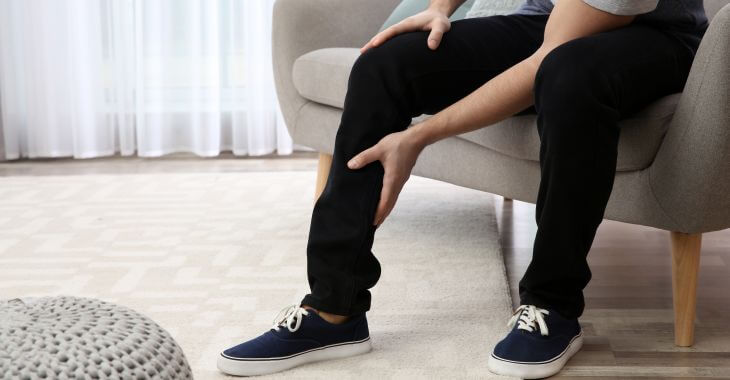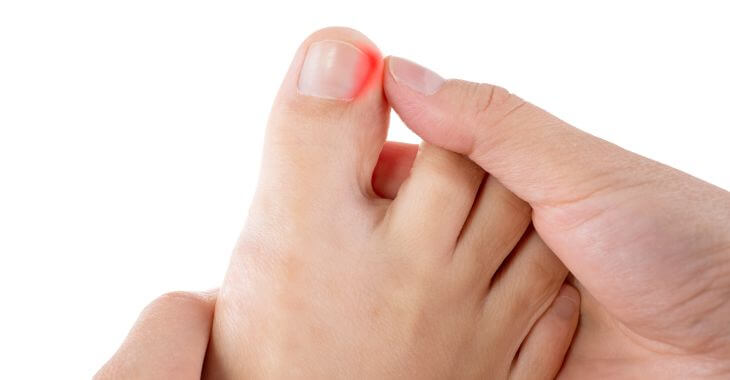Caffeine Doesn’t Affect Me Like Other People

While many people depend on coffee, tea and other caffeinated beverages to give them an energy boost, not everyone responds to caffeine the same way. If you have thought, “Caffeine doesn’t affect me like it does other people,” there may be reasons you do not get the same boost as others. To understand why caffeine affects people differently, you need to know what caffeine is and how the body responds to this substance. Genetics, consumption levels, body size and other factors can impact how caffeine affects you.
What Is Caffeine?
Caffeine is a naturally-occurring substance found in over 60 different types of plants, including coffee beans, kola nuts, tea leaves and cacao pods. It is also made synthetically to add to certain products and medications. Caffeine is a stimulant of the nervous system, which can make you feel more alert or awake. It also a diuretic and may increase acid in the stomach. Negative effects of caffeine can include increased blood pressure, anxiety, jitters, heartburn, dehydration, insomnia and abnormal heart rhythm.
For most people, consuming 400 mg or less of caffeine (about 4 cups of coffee) does not pose a health risk. The problem with caffeine is that it is normal to build up a tolerance to its effects. While one or two cups of coffee may give the right boost when you first start drinking the beverage, over time you may need more caffeine to obtain the same effects. Plus, caffeine is addictive and people who consume caffeine regularly may have withdrawal symptoms like headaches if they do not consume their normal amount per day.
Why Doesn’t Caffeine Affect Me?
While caffeine is a stimulant, to achieve the affects of the chemical, your body must break it down and absorb it into your system. There are genetic factors that can impact how your body digests and uses caffeine that can impact how it affects your nervous system. Most caffeine takes about 45 minutes to be digested and travel to the brain to begin stimulating the nervous system. Genetics can determine how quickly you break down caffeine and how your brain synthesizes caffeine as a stimulant. Two genes factor into caffeine absorption:
- CYPIA2. This genetic factor determines how quickly you absorb or metabolize caffeine in the liver. If you metabolize caffeine quickly, you will feel the effects quicker. Those who metabolize it slower may not get the same quick boost, but caffeine may stay in the system longer. It all depends on the type of CYPIA2 gene and liver enzymes you were born with.
- ADORA2A. The second genetic factor involves how caffeine is absorbed is ADORA2A, which is a gene that affects how caffeine interacts in the brain. To increase energy, caffeine blocks adenosine in the brain, which is impacted by ADORA2A.
If you have always thought, “Caffeine doesn’t affect me like other people,” you may be right. If you are one of those people that metabolizes caffeine slowly or has different receptors in your brain, you may not get the same quick energy boost. However, there are other reasons besides genetics that can impact how your body reacts to caffeine.
Caffeine Tolerance
If you once enjoyed an energy boost from a cup of coffee or an energy drink, but no longer get that buzz, you may have built up a tolerance to caffeine. If you have used caffeine daily for years, your body can be desensitized to its effects. Unfortunately, quitting caffeine can give you headaches and fatigue from withdrawal, even if you do not feel energized from consuming it. Slowly reducing consumption can lessen side effects from withdrawal. Taking a break from caffeine can lower your tolerance so you can feel that boost again.
Fatigue, Body Weight and Other Factors
Fatigue, your body weight and other factors may be why caffeine does not seem to affect you the same as others. Caffeine is not a substitute for good sleep. If you are constantly tired or fatigued due to poor sleep, caffeine may seem to have no effect. If your body weight has increased, you may need more caffeine to have the same effect as when you weighed less. Gender can have an impact on caffeine absorption as well – men tend to feel the effects quicker than women and may get more of a jolt from their coffee.

If you wondered, “Why doesn’t caffeine affect me like other people?” it could be due to one or more of these factors. Your genetic makeup, gender, tolerance levels and body weight can all have an impact on how caffeine interacts with your brain and body. There are genetic tests that can determine the levels of genetic factors that impact how you process caffeine and other metabolic substances. If you are concerned with how caffeine affects your body, you can learn more by talking to your doctor.
The information provided on this website, including text, graphics, images, and other materials, is intended solely for informational purposes and should not be used as a substitute for professional medical advice, diagnosis, or treatment.



)